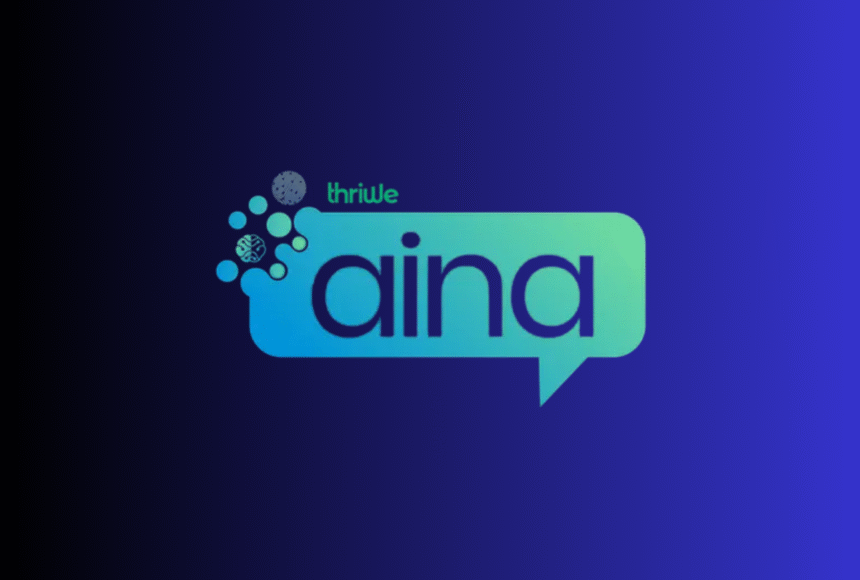The United Arab Emirates has become the launchpad for a bold experiment in customer loyalty. Thriwe, a loyalty and benefits management company with roots in India, has unveiled Thriwe Aina, an AI-powered concierge designed to overhaul traditional rewards systems into personalized lifestyle services.
The move underscores the UAE’s growing ambition to establish itself as a global technology hub while raising questions about how far artificial intelligence should go in mediating brand–consumer relationships.
Thriwe Aina is pitched as more than a digital assistant. The service offers multilingual, 24/7 support, integrates with existing loyalty programs, and leverages AI to anticipate customer preferences. Instead of waiting for users to redeem points or ask about offers, the platform suggests options, books experiences, and provides faster query resolutions.
For businesses, the appeal lies in reduced costs and stronger engagement. For consumers, it promises convenience and personalization. Thriwe says Aina adapts over time, learning from user behavior to create more tailored experiences.
Why UAE?
The UAE has become a favored testbed for AI initiatives due to its digital infrastructure, regulatory flexibility, and appetite for innovation. By debuting Aina in Dubai, Thriwe signals its intent to scale across the Middle East and beyond.
The company already has an established presence in the region, with partnerships spanning banks, telecoms, and lifestyle platforms. These networks may help accelerate adoption and reduce friction in integrating AI-powered loyalty into existing systems.
The promise of predictive loyalty is enticing, but risks loom. Not all consumers may welcome AI stepping into a space traditionally seen as personal. Concerns around privacy and data handling remain especially sharp in loyalty programs, where customer behavior and spending patterns are closely tracked.
Critics also caution that hype around AI can overshadow execution. If Aina fails to deliver meaningful differentiation from chatbots or automated call centers, its adoption may stall.
Why it Matters
For Thriwe, the launch of Aina represents a strategic shift: from managing catalogs of rewards to creating intelligent systems that drive brand stickiness. For the UAE, it’s another step in showcasing its credentials as a home for ambitious technology deployments.
The broader question is whether AI can truly humanize loyalty or whether it risks making relationships between customers and companies more transactional. As Thriwe expands beyond the UAE, its experiment with Aina could set the tone for how loyalty evolves worldwide.
For now, what happens in Dubai may ripple into how brands elsewhere—from Lagos to London—rethink what it means to earn and keep a customer’s loyalty.
Talking Points
Thriwe Aina is being marketed as “personalized convenience,” but let’s be honest—it’s also a way to harvest more behavioral data. Africa’s digital economy should watch carefully: when customer loyalty becomes predictive, consumers risk being nudged into decisions that benefit corporations more than themselves. Are we ready for that?
The UAE is rolling out AI-powered loyalty while most African banks and telecoms are still sending customers clunky SMS promos. Why is Africa always positioned as a “future market” rather than a present innovator? If we don’t fast-track adoption of homegrown AI systems, we’ll just end up importing foreign tech that doesn’t fully fit our context.
Let’s not sugarcoat it: AI loyalty platforms can quickly become surveillance tools. If every purchase, preference, and habit is tracked, where do we draw the line between personalized service and manipulation? Africa, where data protection laws are weak, is especially vulnerable. Imagine loyalty programs in Lagos, Nairobi, or Accra shaping not just consumer spending but also financial access.





